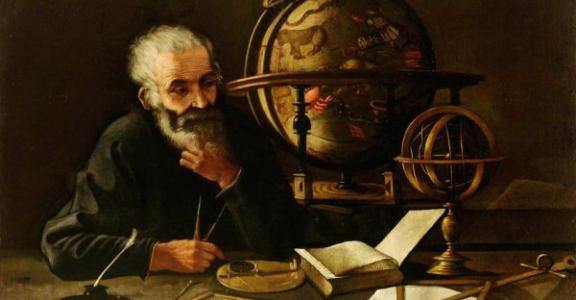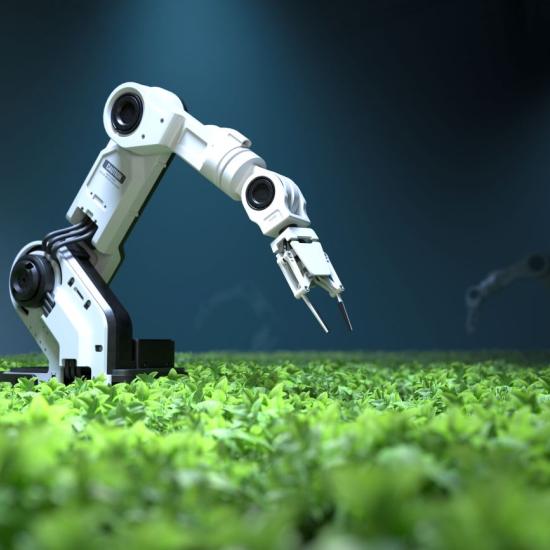Long ago there were two kingdoms called Datamania and Scienzia that constantly competed with each other, not over power or wealth but over knowledge.
The scholars of Datamania had secretly developed methods to discover all kinds of connections in large data sets. They knew that their competitors from Scienzia did not have these methods and jealously kept this knowledge to themselves. With these widely applicable methods, which they had coined ‘data science’, they hoped to build a solid lead.
Through spies Datamania learned that, in the meantime, Scienzia had made great progress by studying the orbits of planets. Scienzia scientists reportedly succeeded in discovering universal laws that allowed them to predict the position of each planet. Scienzia’s knowledge was rumoured to be based on an analysis of astronomical data and even tests with falling objects on earth. Scienzia scientists had taken decades to derive these laws, which led them to believe that they had built an unbridgeable gap between them and Datamania.
When the scholars of Datamania heard this news, they could not stay behind. In just a few days the data scientists succeeded in building a model based on the available astronomical data that could very accurately predict the orbits of the planets. Datamania glowed with pride. Thanks to their data science, their nation matched the work which had taken Scienzia decades, in just a few days. Even more, primitive tests with falling objects had not even been necessary. As it goes with success stories, this triumph laid the foundation for a new research culture in Datamania. The data scientists were elevated to the high priests of science and in no time at all any problem was solved only with data science.
The belief in data models increased even further when spies reported that Scienzia scientists could not accurately predict the orbits of Mercury. Mercury moved in a plane that seemed to rotate slightly, something that the data models did indeed predict, but was missed by the theories of Scienzia. This had apparently caused a crisis in Scienzia’s science, which had led to a new esoteric theory called the theory of relativity. For Datamania the conclusion was clear. Theories were incomplete and superfluous, data models were the future.
When Scienzia managed to land a man on the moon many years later, Datamania was greatly surprised. They had not seen this coming. Once again, all resources were mobilised to keep up with Scienzia. Datamania had not yet lost its self-confidence, and again they thought their data scientists would get the job done quickly.
When the Datamania scholars had not come up with an answer after a few months, the king of Datamania summoned his best data scientists to his palace. The data scientists soon had to admit that they were powerless, because they simply didn't have any data to work on. After all, their data models only worked properly when they had a lot of data at their disposal. For example, in order to land a rocket on the moon, a trajectory had to be set out, but their data models could only do this if they had hundreds of examples of lunar landings.
Gradually the king of Datamania realised that his data scientists could only make statements about phenomena that occurred often, but that they did not really understand the underlying processes. Datamania had been relying on unsubstantiated knowledge for years. These events prompted the king of Datamania to conclude a peace treaty with Scienzia. From now on, knowledge was exchanged and no longer hidden.
For example, the wise men of Datamania finally learned that you shouldn't aim to solve every problem with data science. At the same time, Scienzia really appreciated the data science methods, as they could now finally solve some persistent data problems.
A large part of the population of Datamania continued to have a hard time with these new ideas. The old data models had the advantage that you could predict the future, without having to adjust your world view. That's why many chose to keep believing in the ancient wisdom and and went to sleep every night believing that the earth was at the centre of the universe.
| At Sirris we know that the most effective way to solve technological problems requires a combination of expertise and experience: this is why the experts in our different departments - data scientists, engineers, scientists and technicians - continuously work together at technological innovation projects for our clients. |




